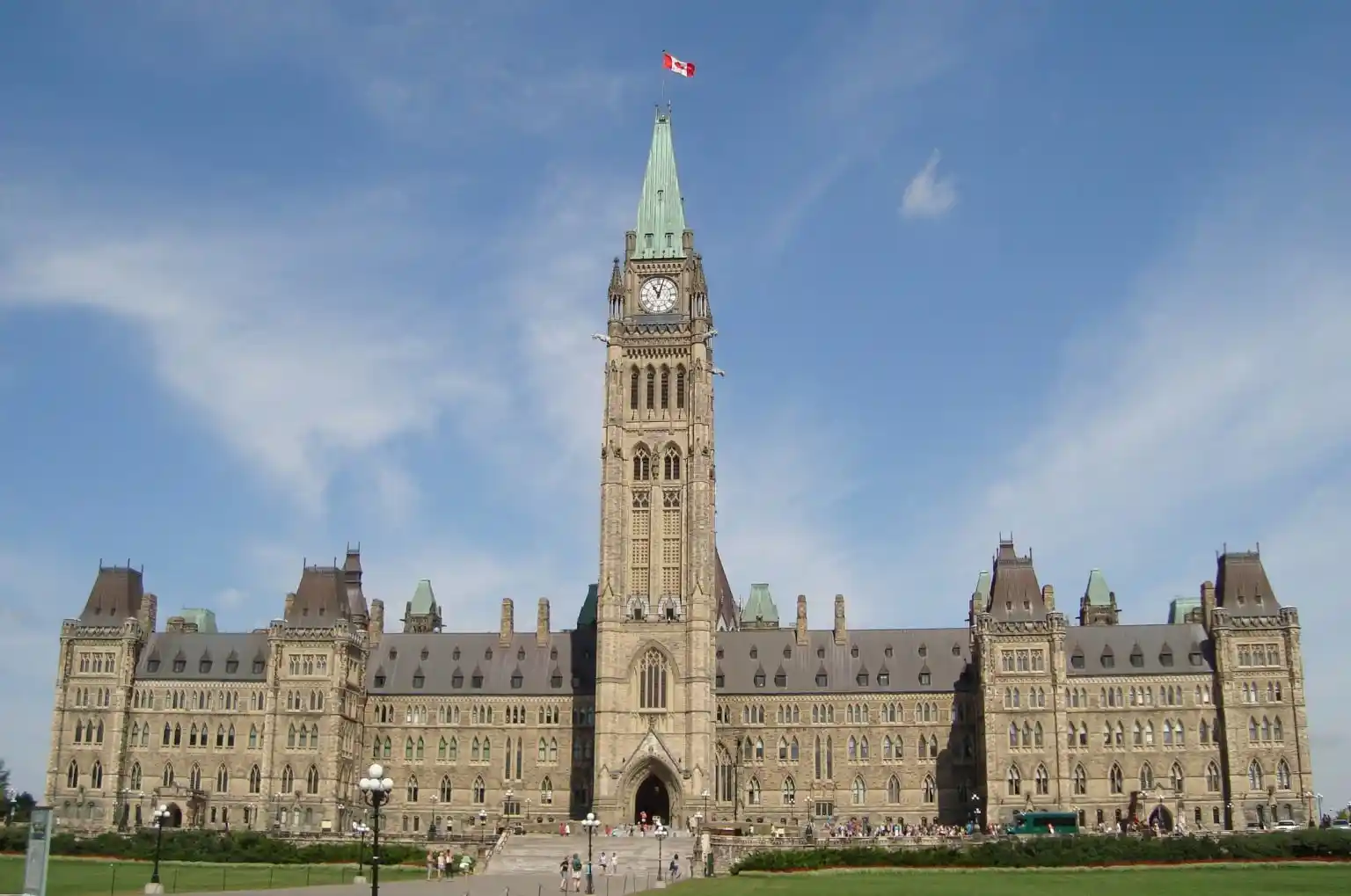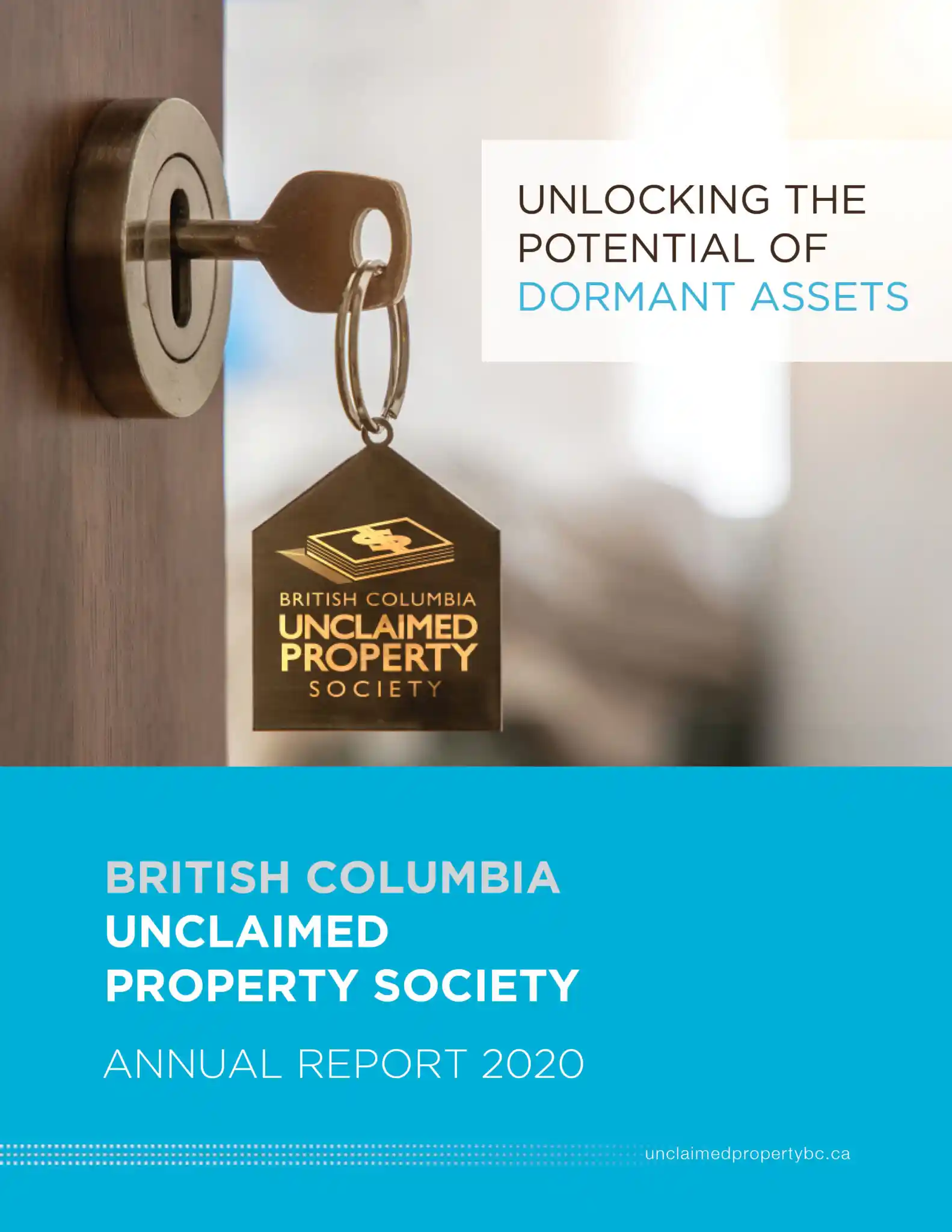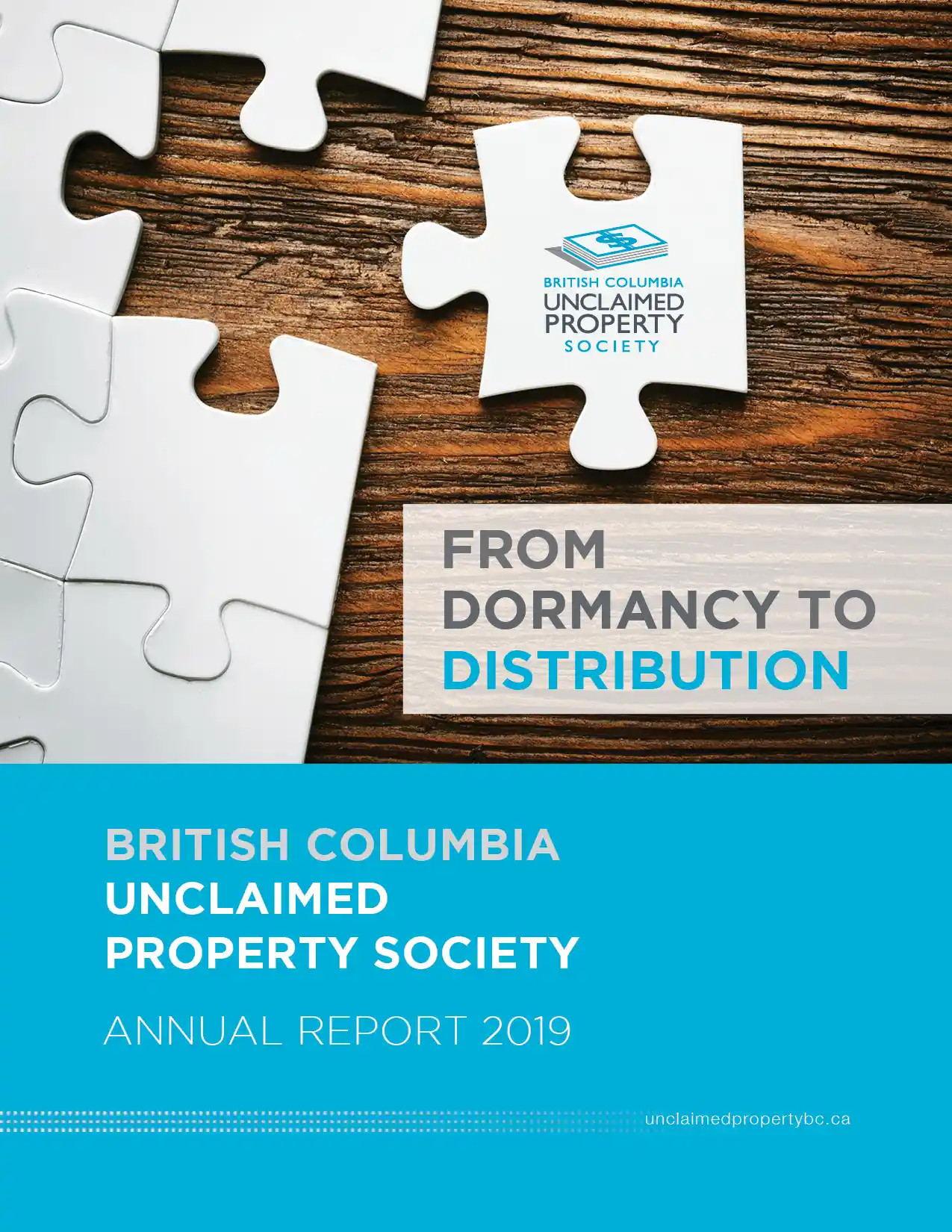An international look at unclaimed property programs
July 6, 2021
Earlier this spring, BC Unclaimed’s Executive Director Alena Levitz presented to the National Association of Unclaimed Property Administrators (NAUPA) conference on British Columbia’s unclaimed property program. Joined by her counterparts in the UK and Kenya, the event was attended virtually by more than 130 delegates. The NAUPA conference provided an international perspective on how countries outside the United States administer their unclaimed financial assets.

Canada
Unclaimed property laws in Canada are set out in provincial legislation. To date, only Alberta, British Columbia, Quebec have active unclaimed property programs in place. New Brunswick recently enacted unclaimed property legislation, which is expected to be implemented in the near future. In October 2019, the Manitoba Law Reform Commission issued a consultation report for unclaimed intangible personal property, which includes 20 recommendations for establishing unclaimed property legislation in the province.
Unclaimed balances held by federally regulated banks are administered by the Bank of Canada, which maintains its own online unclaimed balance registry. The Bank of Canada holds unclaimed balances of less than $1,000 for 30 years. Balances of $1,000 or more are held for 100 years.
Canada’s first unclaimed property program was implemented in 2003 following the passage of British Columbia’s Unclaimed Property Act. Under the Act, the Province of British Columbia and Vancouver Foundation established the BC Unclaimed Property Society to administer the program. BC Unclaimed helps reunite individuals with their unclaimed funds by providing a free online database for individuals to search for unclaimed funds in the province. It also works with companies and organizations to get dormant assets off their books.
Dormant accounts administered by BC Unclaimed include inactive credit union accounts, as well as unpaid wages, outstanding insurance payments, overpayments to debt collectors, proceeds from courts, pension funds, estates and real estate deposits. An account is deemed to be dormant in BC when a specified period of time has transpired with no activity, from a year to 10 years, depending on the type of account involved. Under BC law, credit unions, debt collection agencies, real estate agencies, companies in liquidation, municipal and provincial courts and municipalities, which are classified as mandatory holders, are required to make a “reasonable effort” to identify inactive account holders before transferring dormant funds to BC Unclaimed. Other organizations holding trust funds, insurance policies, brokerage accounts and closed pension plans are encouraged to voluntarily transfer their unclaimed accounts to BC Unclaimed if the rightful owners cannot be located.
There is currently more than CDN$149 million (US$122 million) in unclaimed funds in BC available to be claimed by the rightful owners. In 2020, BC Unclaimed received CDN$4.86 million (US$3.98 million) in unclaimed funds from companies and organizations and returned CDN$1.04 million (US$849,464) from idle accounts to verified claimants. Since its inception, BC Unclaimed has returned more than CDN$18.5 million (US$15.2 million) in forgotten funds to the rightful owners.
BC Unclaimed is the only jurisdiction in North America where a percentage of recovered funds are designated for charitable purposes. Each year, a portion of unclaimed funds in BC are transferred to Vancouver Foundation to support social programs. To date, over CDN$50 million (US$41 million) in unclaimed money has been donated to the not-for-profit.
The United Kingdom
The United Kingdom’s dormant asset program has been running for the last 10 years led by Reclaim Fund Ltd. (RFL). It’s a voluntary program involving 34 banks and building societies that transfer dormant account funds each year to RFL. Participating firms are expected to make reasonable efforts to track down customers and reunite them with their accounts before transferring dormant funds to Reclaim Fund. RFL works to trace and reunite owners with their unclaimed assets while allocating the surplus to support charities, social enterprises, vulnerable individuals and environmental initiatives across the UK.
Since its incorporation in 2010, £1.4 billion (US$1.96 billion) has been transferred to RFL from participating firms, with more than £800 million (US$1.1 billion) allocated to support good causes. RFL reserves a portion of the money it receives each year (approximately 40%), to ensure its ability to distribute funds to owners coming forward to claim their forgotten assets.
Dormant assets in the UK are defined as cash from banks and building societies left untouched for 15 years or more that cannot be reunited with the rightful owner.
The UK government recently introduced legislation to expand its dormant asset program enabling different types of unclaimed assets from the insurance and pensions, investment, wealth management and securities sectors to be transferred to RFL. Definitions of dormancy and reclaim value will be tailored to each asset class. The government estimates the expanded program could unlock an additional £880 million (US$1.23 billion) in dormant assets to support social and environmental initiatives.
Kenya
In 2011, the Republic of Kenya created the Unclaimed Financial Assets Authority (UFAA) to administer the country’s dormant assets program. Its primary mandate is to receive unclaimed financial assets from holders to safeguard and reunite these assets with their rightful owners.
Holders are classified as any entity that is in possession of a financial asset on behalf of an owner. These include banks, insurance companies, registered companies (private and public), branch offices of foreign-registered companies, partnerships, limited liability partnerships, sole proprietorships, Societies and government departments. The definition of unclaimed assets is equally as broad including dormant bank accounts, unclaimed dividends and interest from public companies, assets from dissolved businesses, utility deposits, retirement benefits from insurers and pension administrators, unclaimed insurance death benefits, bail and bond money, and uncollected lottery winnings, among others.
Asset class dormancy periods range from one to five years. Unpaid wages and assets held by courts or government departments, for example, are designated as unclaimed after one year if the rightful owner can’t be contacted. Gift certificates, credit memos, savings and term deposits, meanwhile, are considered to be dormant after five years. Reunification of financial assets with the rightful owners is conducted online through a claims portal on the UFAA website.
Reporting and surrendering unclaimed financial assets is mandatory in Kenya. Holders are required to report unclaimed assets on or before November 1st every year. The law allows the UFAA to charge any entity that fails to surrender unclaimed assets a penalty equivalent to 25% of the assets held.
Idle assets currently held by UFAA amount to over 50 billion Kshs. (approximately US$500 million), in both cash and non-cash (shares/stock) assets.
More from BC Unclaimed
What the new federal government has planned for unclaimed assets
The government proposed to modernize the federal unclaimed assets regime and expand the scope of the program.
$149 million sitting in dormant accounts in BC waiting to be claimed
There is now approximately $149 million in unclaimed money from dormant accounts in British Columbia looking for a home.
Unclaimed funds could provide needed financial relief for British Columbians impacted by COVID-19
There is now more than $164 million in forgotten funds in BC looking for the rightful owners.






